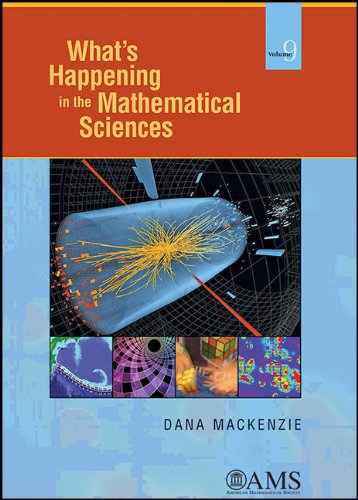How does one find out what's happening in contemporary mathematics research?
EDIT: I should have mentioned that I am looking for open access online sources. It so happens that I have been outside academia for quite a few years, and the gap between grad students' access to recent research (which is in the air, word of mouth + all publications immediately available) and that of a graduate who now works in an industry (few contacts if any + no access to journals) is tremendous. IMO this gap is the primary reason it's so difficult to do mathematics "on the side".
There are a few personal blogs out there, but personal blogs, even as very good ones, cannot be all-encompassing and necessarily focus on the subfields that the blogger is interested in most. There is MO, of course, but this is a Q&A site rather than a newsroom. There is word-of-a-mouth from other mathematicians, but the breadth of news one learns that way depends too much on one's contacts.
Physicists have Physical Review Focus website, which provides very accessible overviews of both recent and significant developments in Physics. This is not somebody's personal blog, but a well-organized collection of short digests by many contributors with references to the original papers. On most of the recent significant developments one gets a high level overview written by a specialist for a non-specialist, and can get access to a more detailed paper by following the supplied references.
I wonder if there is a site like that for mathematicians. Please tell if you know of one. If not, perhaps one could be built based on MO resources?

